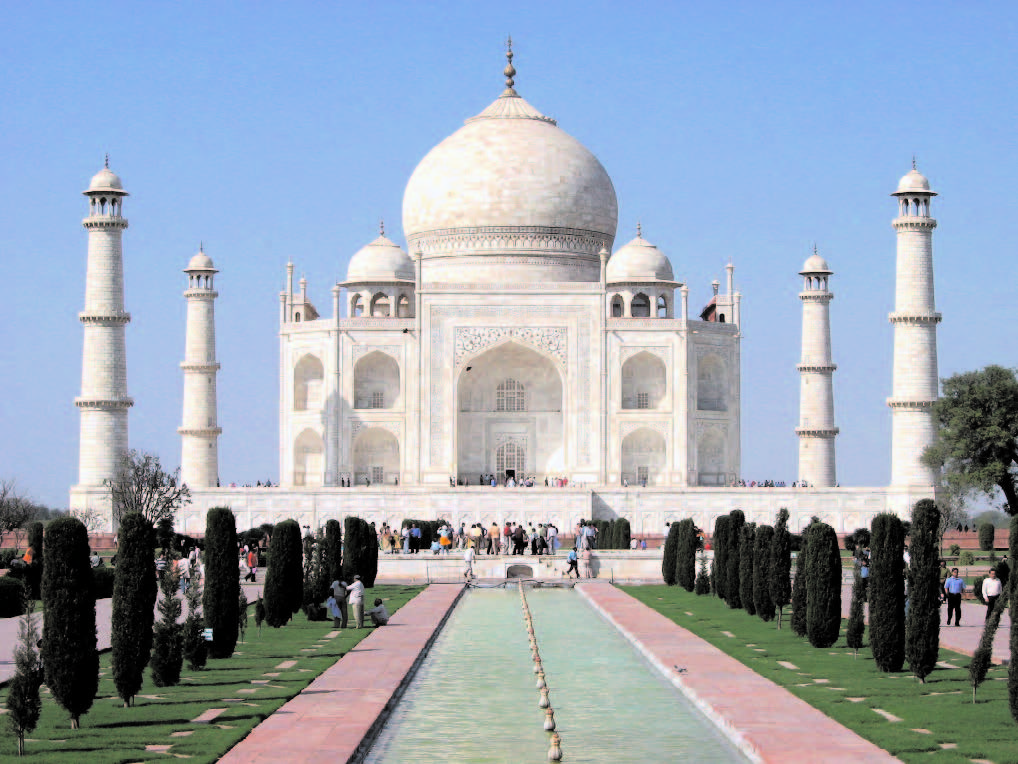WASHINGTON (TIP): Liberian President Ellen Johnson Sirleaf paid an emotional tribute to the American people as the United States formally wound up its successful five-month mission to combat the west African nation’s Ebola outbreak.
With Liberia now in recovery from the worst outbreak of the deadly virus in history, the visiting Sirleaf thanked the United States for coming to the region’s aid in its hour of need.
“America responded, you did not run from Liberia,” Sirleaf told US lawmakers in Washington, expressing the “profound gratitude” of Liberia, Guinea and Sierra Leone.
Liberia, once the country worst hit by Ebola, has registered 4,037 of around 9,600 deaths in the epidemic, which began in Guinea in December 2013.
At its height in the final four months of last year, Liberia and Sierra Leone were recording between 300 and 550 confirmed, suspect and probable cases a week.
It was in some of the darkest days in August when the Liberian leader said she reached out to US President Barack Obama and to the US Congress amid “grim and terrifying” international predictions that before the end of January at least 20,000 people would die every month.
But with US help, including a military force which reached 2,800 personnel at one point, there are now only one to three new infections each week in Liberia.
“We are chasing the very last element of the chain of transmission we have,” Sirleaf said, praising all the international and regional military and aid workers who “reached beyond their fears and ran towards the danger and not from it.” Sirleaf is due to meet Obama at the White House today to discuss the Ebola response and the gruelling task of economic recovery.
The US military wrapped up its operation at a ceremony in Monrovia earlier yesterday, although some troops will remain for several weeks.
“The importance of the progress we see today means more than just the reduction in the number of new or suspected cases of Ebola,” said mission commander Major General Gary Volesky.
“This progress is also about Liberians being able to get back to a normal way of life.”
The Pentagon says around 100 US troops are to remain in the region to strengthen “disease preparedness and surveillance capacity” of local governments.





628912 824416Aw, i thought this was quite a very good post. In concept I would like to devote writing such as this moreover – spending time and actual effort to produce a terrific article but exactly what do I say I procrastinate alot by no indicates manage to get something done. 780955